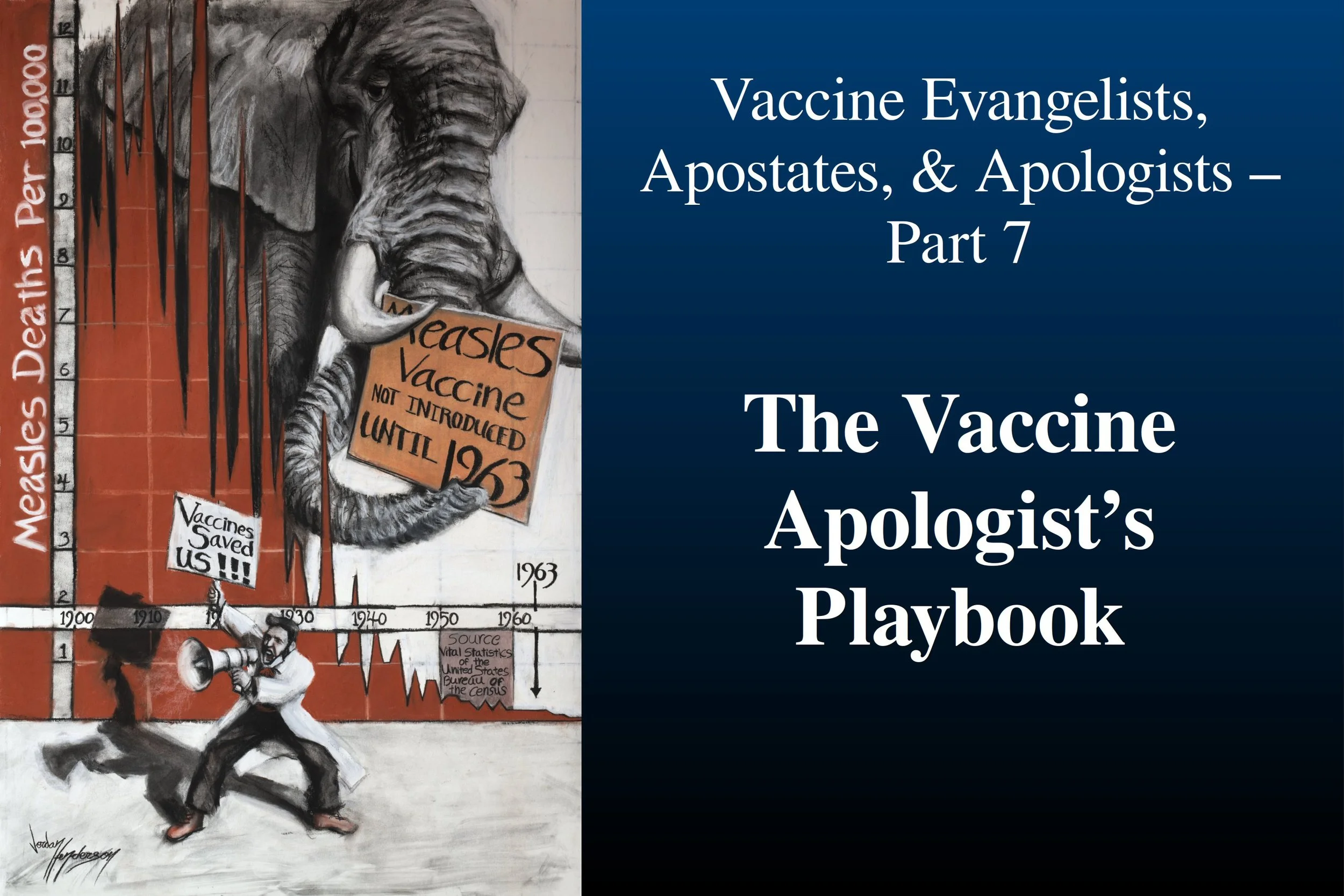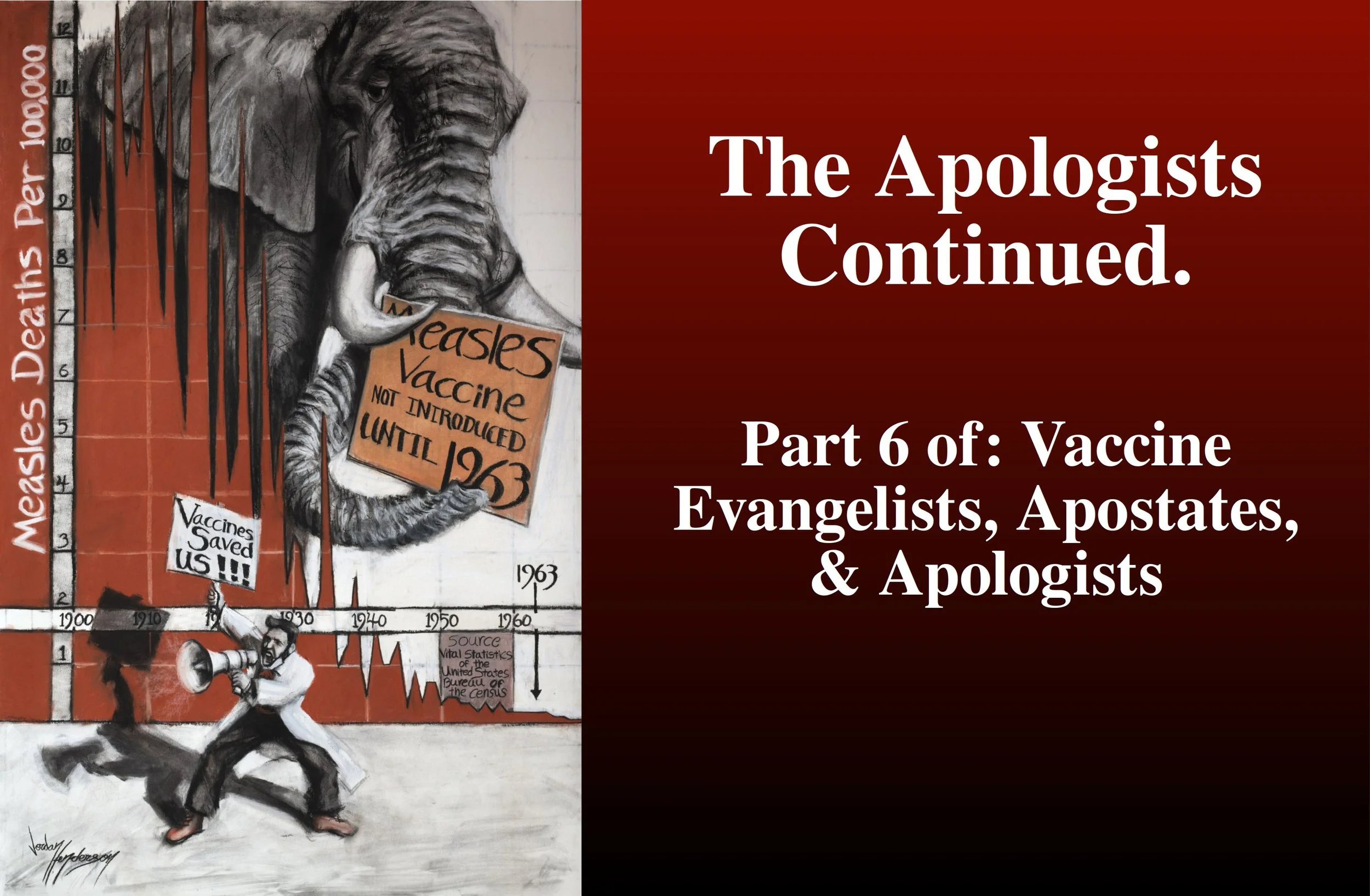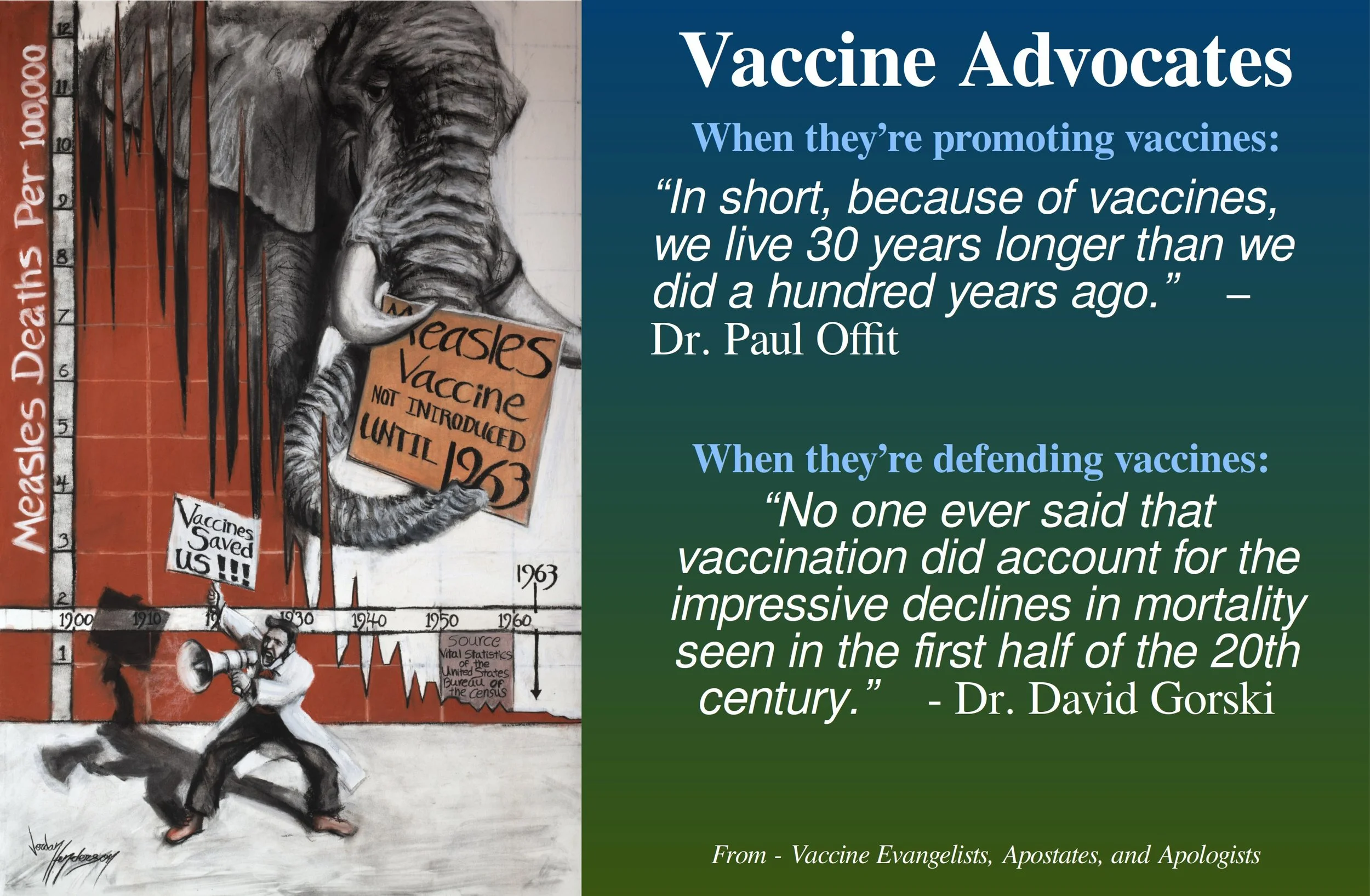Political Meditation: 'Ideas are Virus-Proof'
There is a common perception that the worlds of politics and spirituality are strictly separate. There are many legitimate reasons for this to be so, but it would be extremely challenging to conceptualise this turbulent time without some paradigmatic shift in the context just described. Corona-time is calling for deep political thinking to the roots of the personal, as well of the societal level. With the ongoing protests all over the globe, it’s a good time to perhaps thoroughly re-think the constitutional level in every single state. When public opinion is completely controlled or even censored, and conversely, when consensus is manufactured, direct people’s referendums seem like a democratic vision from the past, but also like a decent solution for politics in general.
But politics aside, it’s also the time for some spiritual deep-diving. Of course, it would be most naïve to simply block out the technocratic agenda behind the corona stage or to completely ignore the mandatory vaccinations agenda or plans for digital identification and technocratic agenda in general (as many, even alternative voices do), but, and even outside of all this, that doesn’t mean we shouldn’t connect the spheres of politics and spirituality at least to some degree. It’s a sign of ongoing public awareness and connecting when perhaps some of those who are generally recognised as a spiritual authority are directly or indirectly problematising corona policy. This can certainly contribute to raising awareness for intellectual analyses of global geopolitics. As mainstream media is controlled by corporate owners, frank debates on the macro and micro scale on social media as well as those in the local area are essential.
I will develop the idea about merging the political sphere with the spiritual further on, with some insights from cultural anthropology, medical anthropology, and also of the anthropology of magic.
Concepts of time and space are essential physical and spiritual pillars for every society, whether are we talking about tribes or about national states, and perhaps also about transnational organisations and every other mutual official or interest society. This is so basic and widely taken for granted that most of the time, we don’t even pay any attention to those concepts. The Covid-19 impact, real and/or more likely hyped (possibly even demonised), was like a media and political agent Chaos that demolished the usual time and space dynamic of society on a profound level.
Everything usual before is now challenged, if not also reorganised on a basic level. It should be emphasised that this work in progress was started without wider public debate and consent on the national and the global level—the type of prolonged quarantine and possible implementation of the proposed technological solution is unprecedented. Its unfolding mostly went unchallenged, especially in the discourse of the mainstream media, and also aligned with censorship under the guise of the ‘fake news’ narrative.
As I have stated, this corona time also qualifies as a chaotic time. Chaos does not only define a time of war or unrest, it’s also connected with a particular phase in rituals, which can be an individual or collective – rite de passage, a term innovated by Arnold van Gennep. In anthropology and mythology, there exists a distinction in the perception of time that differs whether we are talking about linear time, which is usual for normal times, that are defined with order. On the other hand, we talk about different, mythological cyclical time in the context of chaotic time. Therefore, and to put it more simply, chaotic time opens a passage between worlds and sometimes also invites us on a journey to our roots.
Birth, marriage, and death represent the three most important rites on the individual level, but there are many others of which some are collective, and as I stated, corona-time is one of them. Structurally, van Gennep divided the rites into three phases: preliminal, liminal and postliminal phase. After passing those phases, an individual or a collective separates from the previous world and becomes incorporated into a new world. During the transition, an individual or a collective is theoretically neither in the previous world nor in the new world. Hence, a chaotic perception of time and space is in place.
The same can be analysed in the politics of corona. If politics stopped the world because of the coronavirus, then politics will shape a new world all by itself, unless the people also stop time for themselves and the community and re-think the so-called solutions and future in general. Should technologisation and technocratic control go any further or not, and should change be irreversible or not? In any case, fortunately, and I say this with a touch of irony, this Sars-CoV-2 virus didn’t “attack” humanity before when there was no technology that could control the virus, or in fact, the people, I guess. Now is the right time for people to connect, share and discuss ideas. So, could meditation and spiritual deep-diving be obsolete? I think not, but it’s vital that we also wake up to the political reality for fuck’s sake.
It’s not just the monetary system that represents the core of our system. Besides financial capital, there is also intellectual, social and symbolic capital and in simple terms, the latter are not so linear or structured in terms of order, but in some sense, they bear a greater resemblance to chaotic terms. For example, people from different social or political backgrounds can be good friends or a super-intelligent uncorrupted working-class person can walk through many, usually closed, doors, and so on. Therefore, it’s not just that the vast majority don’t have the capital to be invited to the Bilderberg meeting, for example but at the same time, they simply don’t share the same time and space frequencies in terms of social or symbolic capital. The lack of inclusiveness wouldn’t be a problem if they didn’t talk about global politics at those meetings, but we kind of know that they do. It’s similar with high-profile conferences and forums like, for example, the World Economic Forum in Davos, and World Health Organization or United Nations meetings and other strategic forums, except that the latter take place are more subject to the media spotlight.
Ideas are virus-proof—or they should be taken as such. If most governments around the world can enforce indefinite lock-downs with re-regulation of every single business or public interaction, and if they can enforce a strict sterile public dynamic even for toddlers and kids for whom close social interactions are pretty much essential, and somehow all this doesn’t apply to delusional politicians, then ordinary people can also have and build on ideas that are ‘virus-proof’.
But the truth is that so-called or even self-proclaimed authorities are stamping around with iron shoes declaring the official narrative. It doesn’t matter that this permitted spectrum of ‘thinking’ is becoming more and more detached from logic and reality, not-persuasive or figuratively said impossible like, for example, stopping a building in free-fall or reversing a tsunami. The accredited science figures are the ones with the ‘right narrative’ and all others are ‘under-educated or naïve laymen’, especially if we forget the fact that many scientists oppose the official narrative about the coronavirus. However, they seem to lack some particular knowledge, or their brilliant education was deficient, right? And if we ignore ourselves with the fact that there are plenty of educated individuals totally capable of having a high-level debate with authoritative science? Censorship in the name of the government under the trivial fake news guideline is ‘good’ for citizens.
The by-product of modern, mostly statistical, scientific objectivity is that the controllers of the narrative are equipped to censor (with corona more than ever since the advent of internet) and lead the public discourse. What does that mean for thinking out of the box?
Not that every piece of mumbo jumbo is relevant or possibly even scientific, but neoliberally approved polarised discourse with science in the package is like the tip of an iceberg. In this sense, classical science is like the part of the iceberg that lurks under the water. Instead of reaching the depths of the endless ocean of knowledge and wisdom, the part of science that represents the part of the iceberg above the ocean’s surface becomes a controlled narrative used for gaining control over the population.
Fortunately, modern science and society are far removed from the time of magic as well as the time of religion. But let’s just see if they develop a vaccine for Covid-19 in a ‘fantastic’ almost magical time. If there is luck involved with this by definition highly desired invention, that’s not plain wizardry—it’s science. I guess that will be the story the controlled and polyphonic mainstream media will try to sell us. Pure and predictable magic, something similar to triple C (3C) in the technocratic centralised geopolitics: closing, centralisation and censorship.
Thus, ideas about root change in society and following the voice of the people should be taken as ‘virus-proof’. Let’s not go for cosmetic changes of the system again; instead, let’s re-think different constitutions in different nations, and let’s rewrite them, and let’s implement direct referendums, and so on. Let’s put down a solid basic foundation on which we can build.
Out of the box science – dreams
While modern science is somehow and supposedly objective, precise, and based in the rational sphere, we should at least dream about another, not so technocratic path. With the latter, the cost could be loss of freedom, privacy, and individuality. Aren’t there other possible futures for humankind, where the values mentioned above and ethics in general are preserved?
In this corona-hysteria did any distinguished doctor hit the airwaves to suggest that some research could be conducted into dreams to reflect the public perception of the corona-time and the application of technology? I think not, and even though psychology acknowledges the importance of dreams in the neoliberal world, it seems that there is never enough time to discuss that in depth.
Still, different regimes do have an influence on dreams. Writer Charlotte Berandt collected dreams in Nazi Germany and later published them in a book The Third Reich of Dreams, recently recalled Mireille Juchau in an article titled How Dreams Change Under Authoritarianism in The New Yorker. Berandt uncovered a series of strange and repressive dreams that represents a mirror to the Nazi regime.
But, interestingly enough, a nation doesn’t need to have an openly fascistic authority to exert an ignorant or even a repressive influence on dreams. For example, in Slovenia, dreams are considered as “something really empty and unreal,” as stated by Senka Vrbica, in a paper presented at the European Association of Social Anthropologists (EASA) 2009 conference in Ljubljana, Slovenia. Of course, it’s not forbidden to talk about dreams but, in general, nobody is interested in this subject.
The reason for the modern perception of dreams in Slovenia, which is a former Yugoslav republic, can be found in the past. At the aforementioned conference, somebody also spoke about the connection between politics and dreams in post-WW2 Yugoslavia. I apologise for not recalling which scientist that was, but I clearly remember that it was said that in that period, there was significant suppression talking publicly about dreams in general. It would be quite logical that socialism focused on working-class levels of culture, but swept under the rug everything that has to do with spirituality, at least for commoners. As a Slovenian, I can relate to that, but that said, I’m not saying that everything about socialism was bad and that neoliberal capitalism is all good.
There are definitely cultures, and/or circles in which people appreciate dreams and spend a lot of time analysing them. I felt like sharing my dream from the time just before this corona thing started in the West. One night I was dreaming that had been somehow personalised to some form of green entity, similar to a tree. It was as if it had woken up to a technocratic and machine-centred reality as well as to a fake green agenda and was fighting against that. Not angrily, but still a very strong, firm and determined fight between artificial and authentic nature. It could be said to resonate with the current happenings, but who knows.
Either way, in a time of political turmoil, it’s not meaningless to search the deeper personal and collective unconscious and here, dreams are just one piece of the puzzle. Ideas such as the virus-proof nature and importance of dreams aren’t hierarchically important in terms of exact and laboratory science though, for example, the beat of shamanic drumming can still provoke deep insights or even timelessness wisdom. Susan Greenwood wrote about just this kind of spiritual journey in her scientific monograph The Anthropology of Magic.
“Something similar happened to me the first time I tried shamanic journey, a type of meditation whereby the imagination is used to explore the deep processes of the mind guided by the rhythm of a drumbeat. /…/ The aim of the journey was to find a spirit guide.” (Susan Greenwood, The Anthropology of Magic).
The pillars of the people’s corona manifesto
There’s something biblical in the way that the world stopped in 2020, or at least something politically significant. It went from corona virus to corona state. Interestingly enough, if we look at the etymology of the word, corona means ‘crown’. Naming the official directives just ‘corona something’—which is the case at least in my homeland Slovenia—evokes an association with a real crown organisation or a royal decree. OK, so that’s a slight exaggeration but especially in this time of political uncertainty, couldn’t they have named the official orders differently, at least ‘coronavirus order’, not just ‘corona order’, and so on? That way, we would have been assured that this was just a temporary situation and not some ‘new normal’ that pretty much nobody wanted?
It probably demonstrates a lack of awareness to even discuss the ‘new normal’ without problematising how humanity came to find itself at war with a virus. Comparisons with epidemics and with the proportionality of measures would be useful, but not without critical analysis of the role of technology that is involved in an unprecedented scale in Covid-19 politics.
To put it metaphorically, the time before 2020 will be reset to a “virus-free” version: there are many globalists’ plans obviously in the background aiming towards the well-advertised vision of technocratic politics. But people of every nation can critically discuss the global agenda and make their own terms, and possibly even build the pillars of their, people’s corona manifesto.
Photo: Shutterstock, SaiArLawKa2





